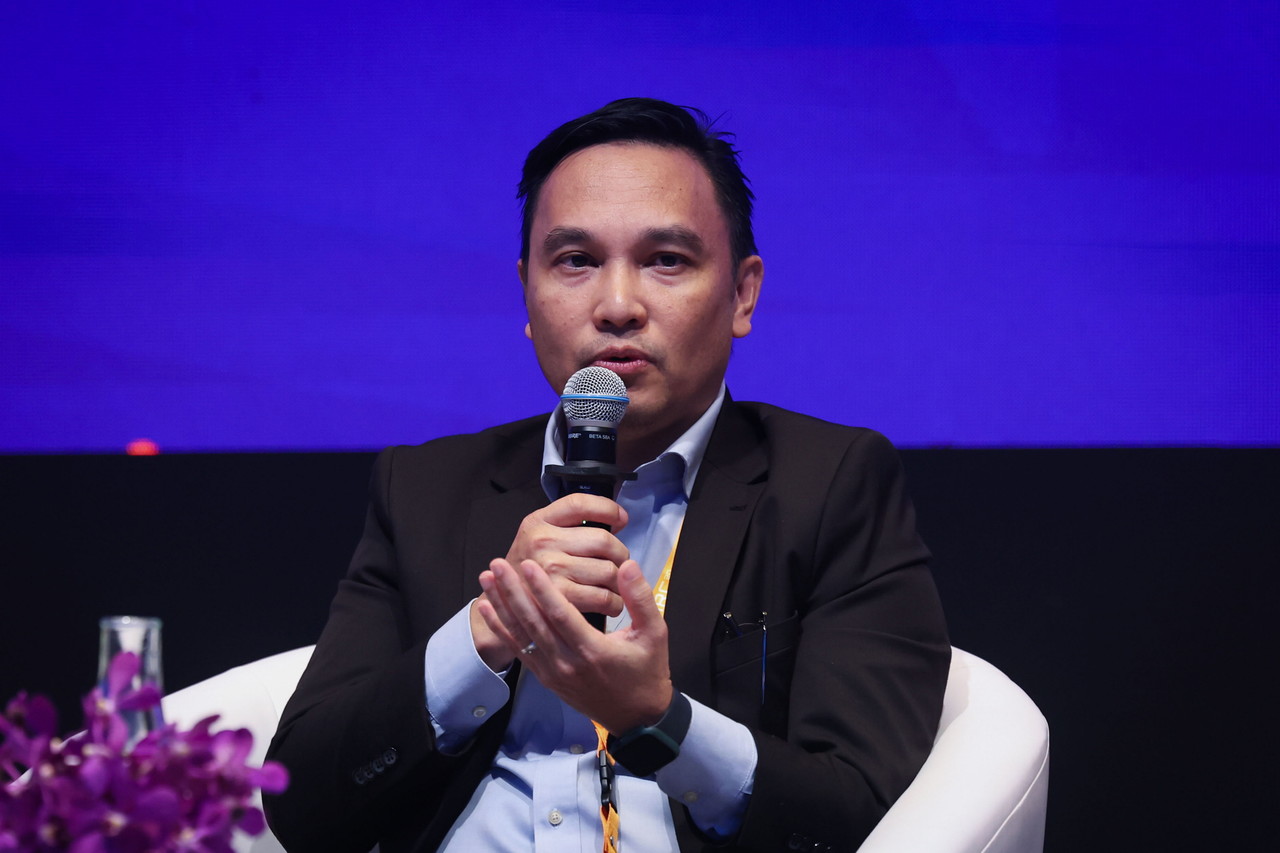KUALA LUMPUR — The National Cyber Security Agency (NACSA) has a six-month deadline to ready its proposal for a new law on cyber crimes, said its chief executive officer Megat Zuhairy Megat Tajuddin.
Speaking as a panellist at the International Regulatory Conference (IRC) 2025 yesterday, Megat said he had presented a paper on the potential legislation during the National Cyber Security Council meeting last week, which was chaired by Prime Minister Datuk Seri Anwar Ibrahim.
The new act is needed as the Computer Crimes Act 1997 is “no longer relevant”, Megat said, adding that Anwar had requesteda paper on the proposed law within six months.
“The government realises the importance of us having that direction (towards) ensuring a peaceful and safe cyberspace.
“(NACSA’s) leadership, including the prime minister himself and the minister responsible, understand the fact that cybersecurity has to be the number one agenda for Malaysia, especially as we look towards digital investments,” he added.
Megat was speaking alongside fellow panellists CyberSecurity Malaysia chief technology officer Wan Roshaimi and Frédéric Margotton, the High Commission of Canada in Singapore’s first secretary for cyber and digital.
The session, titled ‘Regulating for Resilience: Cybersecurity and Critical Infrastructure Protection’ was moderated by Datuk Mohamed Sulaiman Sultan Suhaibuddeen, the Malaysian Communications and Multimedia Commission’s (MCMC) chief network security officer.
Cyber Security Act 2024
Commenting on the Cyber Security Act 2024, which came into force on August 26 last year, Megat said the real challenge now lies in executing the legislation.
He noted that besides speedy technological advancements coupled with a shortage of cybersecurity talents, incident management expertise within government agencies and private organisations also have to be brushed up to meet the act’s requirements.
“When an incident happens, the first response from a (private entity’s) CEO would be to deny (an attack) because they have to protect their image and manage the impacts of public perception (so) their profits are not affected,” he said.
He also said that when it comes to government-linked agencies, there is a tendency to only publicly react to an incident if the matter goes viral online while keeping mum if no one shines light on the matter.
“It’s not so much of a technical matter – it’s more about governance, understanding, awareness and people coming together to realise that it’s a shared responsibility, not just handled by NACSA, to make our cyberspace more peaceful, resilient and safe,” he added.
Meanwhile, in a separate session titled ‘Shaping the Future of Online Regulation’ moderated by MCMC’s chief legal counsel LS Leonard, panellists discussed their comprehensive views on regulatory challenges and strategies in today’s digital landscape.
In particular, Communications and Multimedia Content Forum of Malaysia (CMCF) chief executive officer Mediha Mahmood noted that during capacity building workshops hosted by CMCF, parents were educated on online lingo used by youths.
Such knowledge, she said, is vital to ensure that guardians can detect if threats or disparaging remarks are made towards children online via certain phrases created to bypass social media platforms’ monitoring systems.
For example, she pointed out that netizens have evolved to using “grape” to describe rape as the latter term would be flagged by the platforms’ content moderators, while “Type C” has been deemed a colloquial online term to refer to Chinese people.
Other panellists part of the session were MCMC regulatory policy division head Devi Annamalai and Malaysia Cyber Consumer Association president Siraj Jalil. – January 8, 2025


